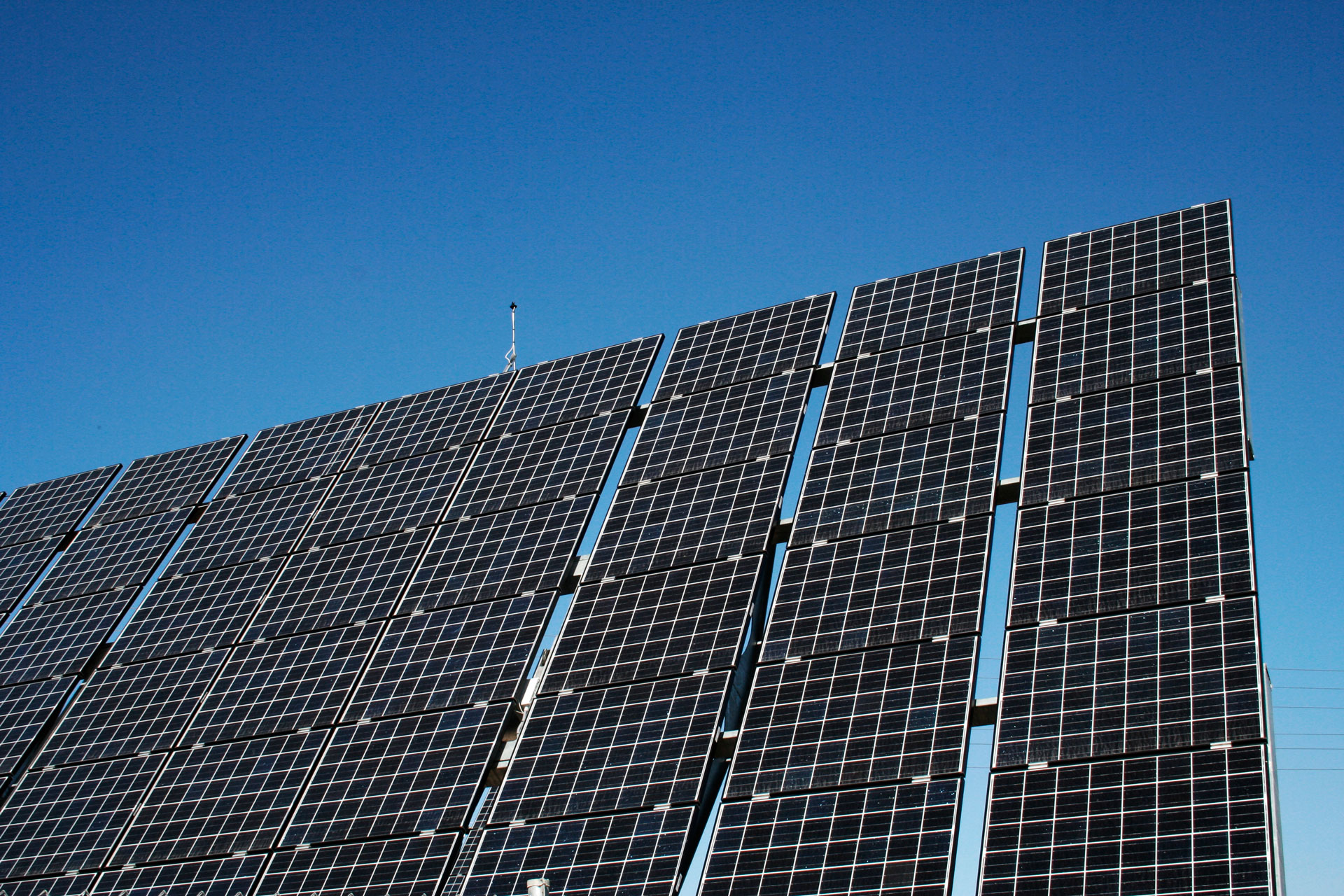This innovative and highly efficient process separates module components by incorporating high-value streams – pure silicon, silver and glass, among others – into the manufacturing industry.
TECNALIA is involved in the ReProSolar initiative, coordinated by Veolia Germany, to develop an innovative and highly efficient process for recycling photovoltaic modules. This process separates module components and makes it possible for high-value streams - pure silicon, silver and glass, among others - to be re-incorporated into the manufacturing industry.
TECNALIA’s experts are responsible for carrying out an environmental assessment of innovative processes and the different recovery methods, in order to achieve efficient industrialisation.
Industrial-scale feasibility studies will be carried out this year at FLAXRES GmbH (Dresden) and ROSI Solar (Grenoble). From now until 2023, 5,000 tonnes of disused photovoltaic modules are scheduled to be processed annually in a pilot plant.
The technological solution
“The process is based on a new delamination technology capable of efficiently separating photovoltaic cells from the glass plate. Innovative physical and chemical processes recover all materials without the need to shred the photovoltaic modules”, explained Antoine Driancourt, Project Manager at Veolia Umweltservice GmbH.
“Currently, there is no industrial process capable of recovering silver and silicon with the required purity. This initiative represents a breakthrough for the solar industry compared to current recycling standards", added Driancourt.
The ReProSolar consortium considers the entire value chain: from the processing and purification of raw materials to the supply chain of the waste stream and its re-incorporation into various industries.
Energy transition and circular economy
Urgent measures are needed to reduce CO2 emissions, reduce waste and recover resources. The integration of renewable energies, together with energy efficiency measures, will make it possible to achieve 90% of the decarbonisation targets set by the European Union. In the next few years, the first photovoltaic systems will reach the end of their useful life and should be ready to be incorporated into the framework of a circular economy.
Further information
- ReProSolar: Demonstrator of High Grade PV Recovery Value Chain in Europe | EIT RawMaterials
- The ReProSolar European project led by Veolia Germany will test full photovoltaic recycling on an industrial scale | EIT RawMaterials
- News published in PV Magazine: New process to recycle silicon, silver and glass from end-of-life PV panels

These developments are being carried out in the framework of the ReProSolar project: it is supported by the EIT RawMaterials, Innovation Community, which is part of the European Institute of Innovation and Technology (EIT). It is financed through funding agreement no. 20028. It will run from February 2021 to the end of January 2025.

